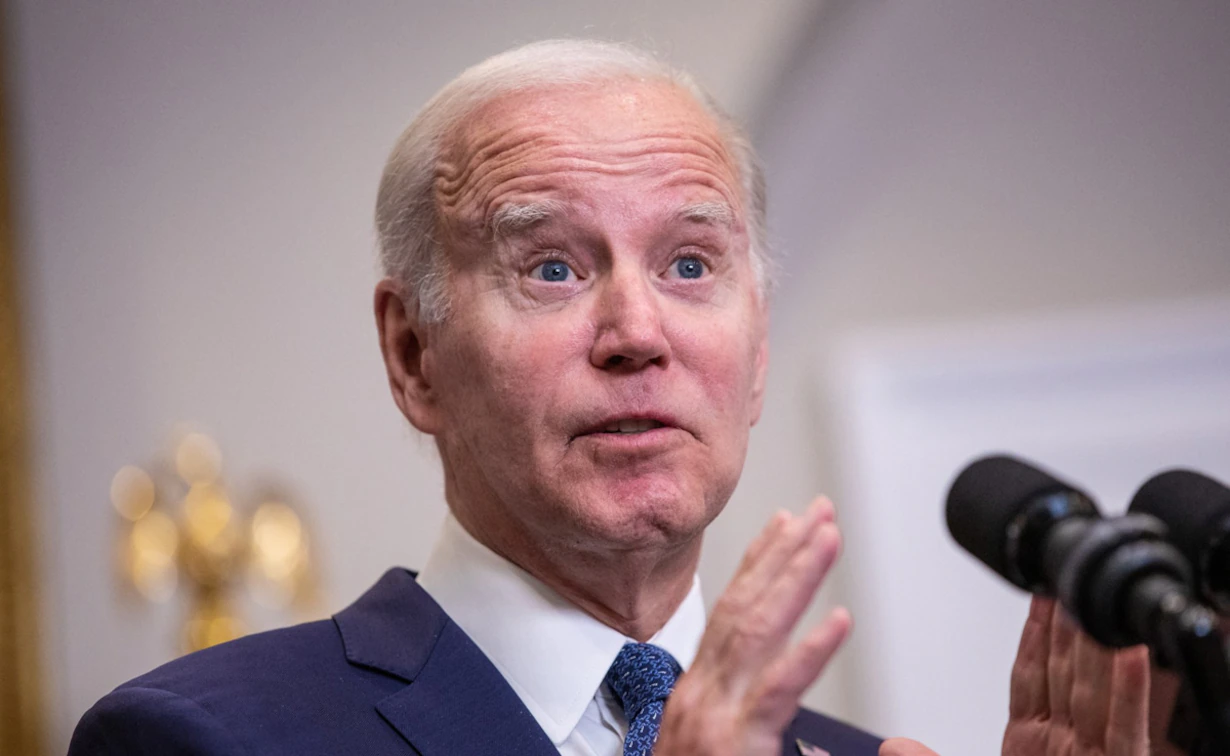In an unprecedented move that is sure to ruffle feathers in Beijing, the administration of President Joe Biden has authorized direct military aid to Taiwan. This landmark decision, which comes at a time of escalating concerns over China’s actions, marks a departure from the United States’ traditional approach to its relations with the self-governing island nation.
The State Department’s announcement on Tuesday unveiled a package worth $80 million, signaling the first instance of assistance to Taiwan under the Foreign Military Financing program. This program is typically used to provide grants or loans to sovereign nations seeking support for their defense capabilities. While this package is relatively modest compared to recent arms sales to Taiwan, it holds immense symbolic significance.
The relationship between the United States and China has been under increasing strain, with the Biden administration expressing concerns over China’s assertiveness in the Asia-Pacific region. This new aid package to Taiwan, a long-standing point of contention between the two powers, is expected to provoke strong reactions from Beijing.
For decades, the US has officially recognized the People’s Republic of China as the legitimate government, while adhering to the “One China” policy. However, the Taiwan Relations Act, passed by the US Congress, mandates the provision of defensive weaponry to Taiwan. This has been fulfilled through arms sales in the past, but the decision to offer direct aid takes the US-Taiwan relationship to a new level.
China’s response to the news was swift and unsurprisingly negative. Chinese officials view any support given to Taiwan as an affront to its territorial integrity, often issuing stern warnings against such actions. The Chinese government has long considered Taiwan a part of its territory and has not ruled out the use of force to achieve reunification.
While the State Department clarified that this aid does not imply recognition of Taiwan’s sovereignty, the move is being seen as a tangible shift in US policy towards the island. A spokesperson for the State Department stated, “The United States makes available to Taiwan defense articles and services necessary to enable it to maintain a sufficient self-defense capability.”
Approval for this aid package rests with the US Congress, and bipartisan support for Taiwan makes it likely that the package will receive the necessary green light. Representative Mike McCaul, a prominent Republican on the House Foreign Affairs Committee, praised the decision, stating that the aid would not only benefit Taiwan but also strengthen US deterrence against an increasingly assertive Chinese Communist Party.
This significant development comes amidst a backdrop of growing tensions between China and the US, which have been engaging in renewed diplomatic dialogue to address their complex relationship. Taiwan remains a focal point of contention, and China’s increased military activities near the island have raised concerns about the potential for conflict in the region.
In addition to its military aid to Taiwan, the Biden administration has also taken steps to support Taiwan’s security through other means. In July, President Biden approved a $345 million military aid package to Taiwan using leftover US stockpiles, drawing parallels to US support for Ukraine against Russian aggression.
While the historic decision to offer direct military aid to Taiwan reflects the changing dynamics of the region, it also underscores the delicate balance the US must maintain in its relations with both China and Taiwan. As the geopolitical landscape continues to evolve, the implications of this move will undoubtedly reverberate on a global scale.




